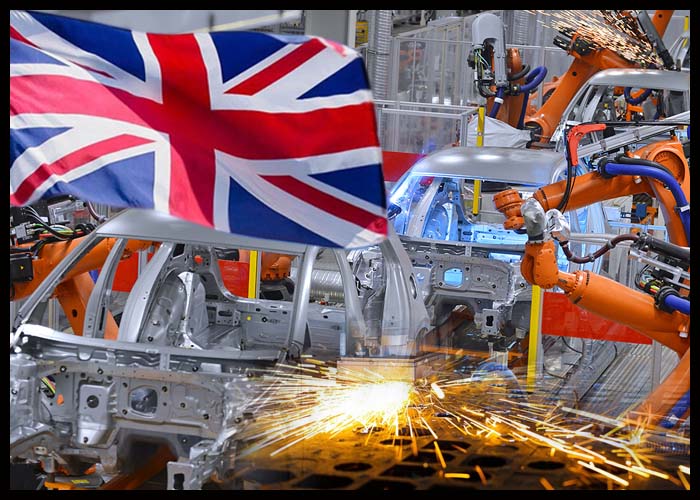The UK manufacturing sector expanded at a much slower pace in June as output growth grind to a near-standstill pace and new work intake contracted for the first time in more than a year, final data from the S&P Global showed on Friday.
The Chartered Institute of Procurement & Supply final factory Purchasing Managers’ Index fell to a two-year low of 52.8 in June from 54.6 in May. The score was also below the flash 53.4.
Nonetheless, the index has remained above the neutral 50.0 mark since June 2020.
Although manufacturing production rose for the twenty-fifth consecutive month, the rate of expansion was the weakest during the current upturn in June.
At the same time, new work intake declined for the first time since January 2021, reflecting weaker economic outlook, the war in Ukraine, raw material shortages and the slowdown in China. New export orders contracted for the fifth straight month.
Business optimism dipped to its lowest since May 2020. Firms were concerned about flat domestic demand, weaker export markets, inflationary pressure, the effect of the increased cost of living on consumer demand and supply chain issues.
However, jobs growth was registered for the eighteenth successive month in June.
Input cost increased in June on the back of raw material shortages, stretched supply chains and higher prices for commodities. Higher costs were passed on, in part, to clients in the form of increased selling prices.
That said, rates of inflation in both price measures continued to ease, the survey showed.
There were some welcome signs that supply-chain constraints and cost inflationary pressures may have passed their peaks, Rob Dobson, director at S&P Global Market Intelligence, said.
However, with these constraints still elevated overall and demand headwinds rising, it is likely that UK manufacturing will see the economic backdrop darken further in the second half of the year, added Dobson.
Source: Read Full Article
